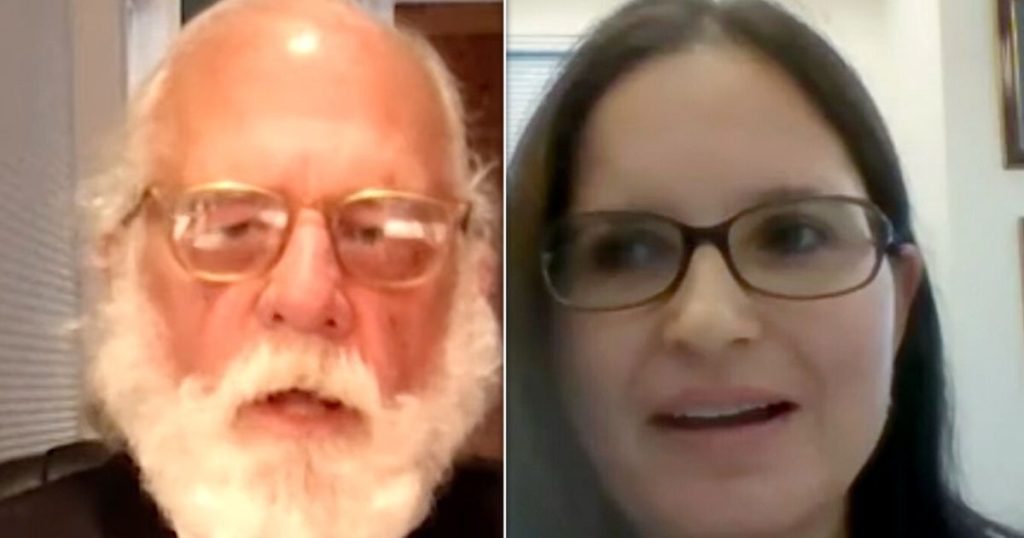Ty Cobb, a lawyer representing the former president in a case involving classified documents, publicly criticized Aileen Cannon, who had suggested potential jurors for the trial. Cobb called out Cannon’s suggestions, believing that they were biased and not suitable for the case. This public rebuke shed light on the contentious nature of jury selection in high-profile cases, where both sides try to ensure a fair and impartial jury.
Cobb’s criticism of Cannon’s suggestions for potential jurors highlighted the importance of selecting a jury that is free from bias and prejudice. In high-profile cases, such as those involving classified documents and former presidents, the selection of jurors becomes a crucial factor in ensuring a fair trial. The actions of both the defense and the prosecution in vetting potential jurors can have a significant impact on the outcome of the case, as jurors play a key role in deciding the defendant’s guilt or innocence.
The public nature of Cobb’s criticism of Cannon’s suggestions added a layer of complexity to the case, as it exposed tensions between the defense and the prosecution. Jury selection is a process that can be contentious, with each side scrutinizing potential jurors for any signs of bias or prejudice. In this case, Cobb’s public rebuke of Cannon’s suggestions could have further complicated the already fraught process of selecting an impartial jury for the trial of a former president accused of mishandling classified documents.
Cobb’s decision to call out Cannon’s suggestions may have been a strategic move to challenge the prosecution’s attempts to influence the composition of the jury. By publicly criticizing Cannon’s suggestions, Cobb may have been attempting to undermine the credibility of the prosecution’s selected jurors and to highlight any bias or prejudice that may have been present in the jury pool. The selection of an impartial jury is crucial in ensuring a fair trial, and Cobb’s actions indicate the importance of vigilance in monitoring the jury selection process in high-profile cases.
The controversy surrounding Cobb’s criticism of Cannon’s suggestions may have also raised questions about the fairness and transparency of the jury selection process in high-profile cases. The public nature of Cobb’s rebuke may have drawn attention to the challenges and difficulties of ensuring an impartial jury in cases involving sensitive and controversial issues. The selection of jurors in such cases requires close scrutiny and careful consideration to ensure that the rights of the defendant are protected and that the trial is conducted fairly and impartially.
Overall, Cobb’s criticism of Cannon’s suggestions for potential jurors in the case involving classified documents and a former president sheds light on the complexities and challenges of the jury selection process in high-profile cases. The selection of an impartial jury is crucial in ensuring a fair trial, and both the defense and the prosecution play a key role in vetting potential jurors for any signs of bias or prejudice. The public nature of Cobb’s rebuke of Cannon’s suggestions highlights the contentious nature of jury selection in cases where both sides are vying for a fair and impartial jury to decide the outcome of the trial.


